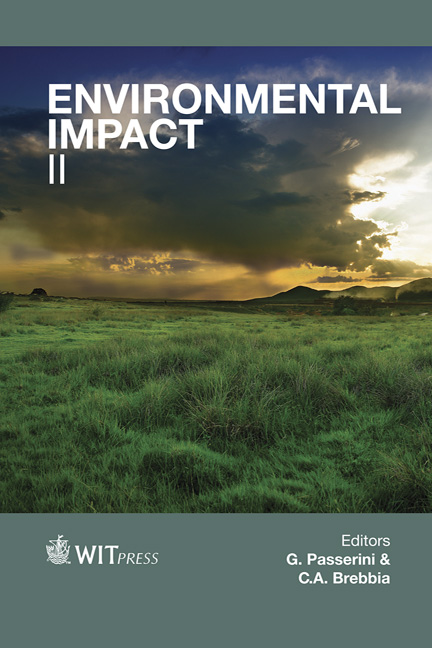Gulf Of Mexico Ecosystem Restoration: A Risk-based Integrated Environmental, Economic, And Social Resource Management Decision Support Framework
Price
Free (open access)
Transaction
Volume
181
Pages
11
Page Range
531 - 541
Published
2014
Size
729 kb
Paper DOI
10.2495/EID140451
Copyright
WIT Press
Author(s)
D. Hanson, L. Hachmeister, D. Hale & E. Hassler
Abstract
The natural systems that make up the United States coastal waters of the Gulf of Mexico, its watershed, and adjacent marine waters serve as critical natural infrastructure supporting water supply, transportation, power generation, recreation, commercial fishing, agriculture, forestry, manufacturing, and a wide variety of other valued resources for the people in the watershed. Development activities, multiple uses, and both natural and human-induced disasters have placed significant stresses and impacts on the unique biodiversity of the ecosystem and its sustainable uses. This paper presents results of Phase 1 of a NOAA-funded assessment of the freshwater and marine fisheries that focused on the Mobile Bay (Alabama, USA) watershed, the related aquatic system, and the stresses placed on this system by both anthropologic and natural conditions. Three collaborative multi-stakeholder workshops were held in order to gain a perspective on the most immediate perceived threats to a sustainable Mobile Bay system. Challenges associated with the governance of the Mobile Bay system were ranked as the greatest category of threat for a sustainable system compared to more traditional anthropologic-perturbations such as habitat loss, non-point source pollution, or aging infrastructure. A decision support system framework was developed to better understand and quantify interactions between environmental, economic, social, and built capital systems. Following the Deepwater Horizon oil release in 2010, the system framework was modified to align with the five long-term ecosystem restoration goals and priority actions
Keywords
Gulf of Mexico ecosystem restoration decision support system, DSS, coastal resilience, habitat restoration, water quality, Mobile Bay watershed





